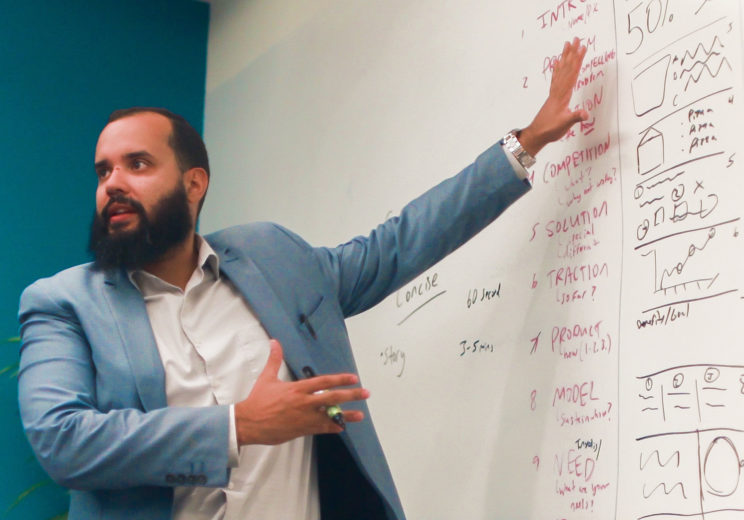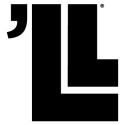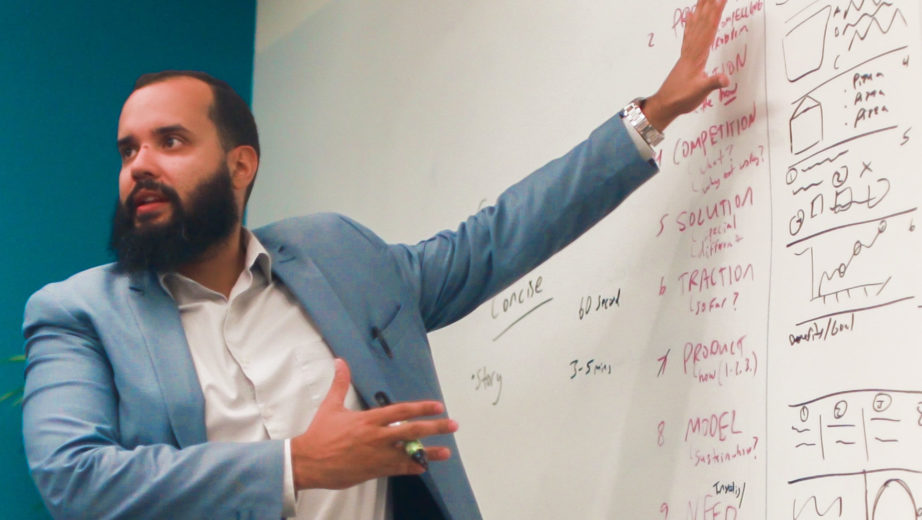
Carlos Vasquez is clear about what inspired his love for all things tech– Mrs. Williams, his science teacher. Without her, the South Bronx native might not have pursued computer science.
“We didn’t have the means to buy tech or play around with any of that stuff, so school for me was where I had access to those things,” remembers the 37-year old Vasquez. “Mrs. Williams would bring things from home that we didn’t have in the school. She showed us all this stuff and she was just so committed that it sparked something in me.”
Now, more than 20 years later, Vasquez is paying it forward. The Puerto Rican/Dominican former teacher started Miami Ed Tech, a technology education non-profit. It has just launched the second cohort of EdTXperts. They run a program that provides professional development to computer science and technology teachers who work with low income students.
“The teacher is the gatekeeper for the student’s access and interest in tech,” said Vasquez of the program which recently got a $125,000 boost from the Microsoft Foundation to expand the “train the trainer” program. “We are working to demystify this world so that they can go back in with a new found love for tech; or at least an understanding of how things work and translate that into a learning path to their students.”
Run in conjunction with Florida International University’s School of Computing & Information Sciences, EdTXpert is one of three programs that Miami Ed Tech spearheads. Their mission is to disrupt, diversify and innovate in the technology education sector. Specifically they ” believe in increasing the number of computer science educators who are of color, increasing access to computer science for students of color, and advancing ed-tech initiatives to support founders of color.”
It is why the first cohort was 60% people of color. “I understand the importance of teachers — especially teachers of color — on the lives of young adults, brown and black, who don’t have the support they need.”
Vasquez’s team also partnered with Teach for America to provide their EdTXperts space to develop their entrepreneurshial ideas through Social Innovation and Entrepreneurial Leadership Incubator program. An accelerator program also helps educators launch and scale up their start-ups to expand opportunities for, and eventually extend economic success, to low income and other marginalized communities.
Numbers prove that Vasquez’s theory that teachers hold the key to diversifying the nation’s tech workforce. A 2016 report from Google notes that Black and Hispanic students are more likely than White students to have learned CS outside of the classroom in after-school clubs, black (58%) and Hispanic (50%) students are less likely than White students (68%) to use a computer at home.
Vasquez knows from personal experience that even when students of color are inspired to advance their education, obstacles remain. After graduating from Fordham University he took a job to pay his bills instead of pursuing his dreams. But being a sales and in-house IT coordinator left him unsatisfied.
With few options left, Vasquez applied to and was accepted into the New York City Teaching Fellows program. It brought him back to the Bronx and a fifth grade classroom of mostly Mexican and black kids that looked up to him much as he did Mrs. Williams. At PS 159/ Luis Munoz Marin he rediscovered his love for computer science. He also saw the vital role teachers play preparing students for an increasingly digital world.
“The principal really embraced technology, but the teachers didn’t,” said Vasquez. “You can have the tech but if you don’t know what to do with it, the students will not benefit from it.”
Life brought him to Miami. It has been the ideal place to start addressing the digital divide. The city is close to Latin American tech scene and small enough to network and collaborate with the private and public sector. It also boasts the nation’s fourth largest public school district, with a student population that overwhelmingly eligible for free or reduced price lunch (69%).
Microsoft Philanthropies’ Lucas Hernandez also sees Miami’s potential and credits Vazquez and other local entrepreneurs for creating a new blueprint for community building and social impact. They partnered with Miami Ed Tech because they saw Vasquez as honest, ethical leader with a relentless commitment.
“Before people can reap the benefits that technological progress brings to the world, they must first have access to learn how to use these technologies. [Yet] there is a clear divide in who has historically received that high quality access,” Hernandez said. “Carlos has sacrificed and put in the work to be great for the benefit of his community.”
Vasquez wants to continue assembling a strong mix of private investors, grassroots leaders and municipal officials to perfect his programs and expand them around the nation, including back to the Bronx. He understands that his unique set of business skills and tech expertise could equal a different life somewhere in the start ups of Silicon Valley. But with a young son looking up to him, Vasquez hopes to cement a legacy that will lift up a new generation of educators and students.Surely, Mrs. Williams would be proud.

